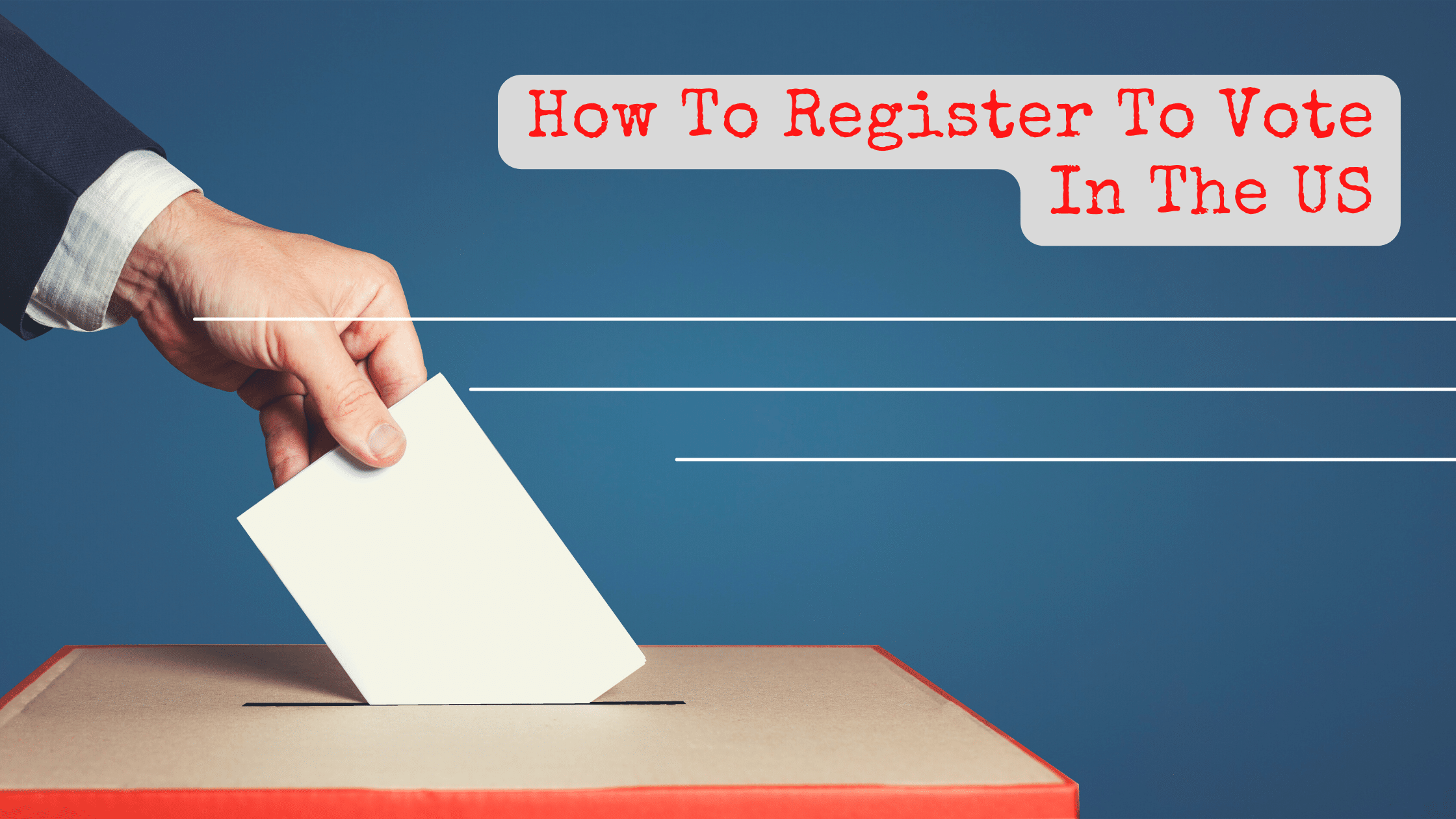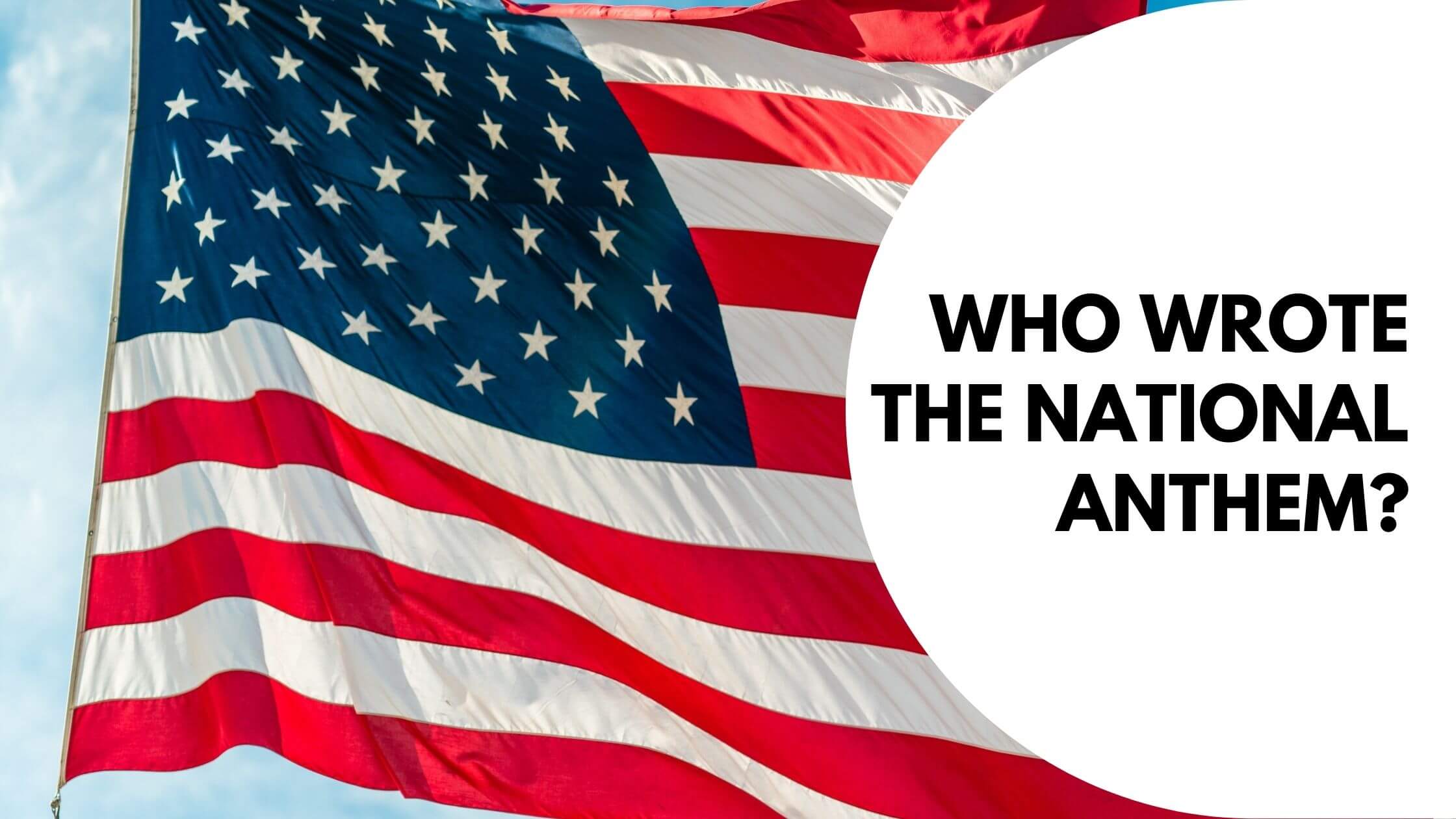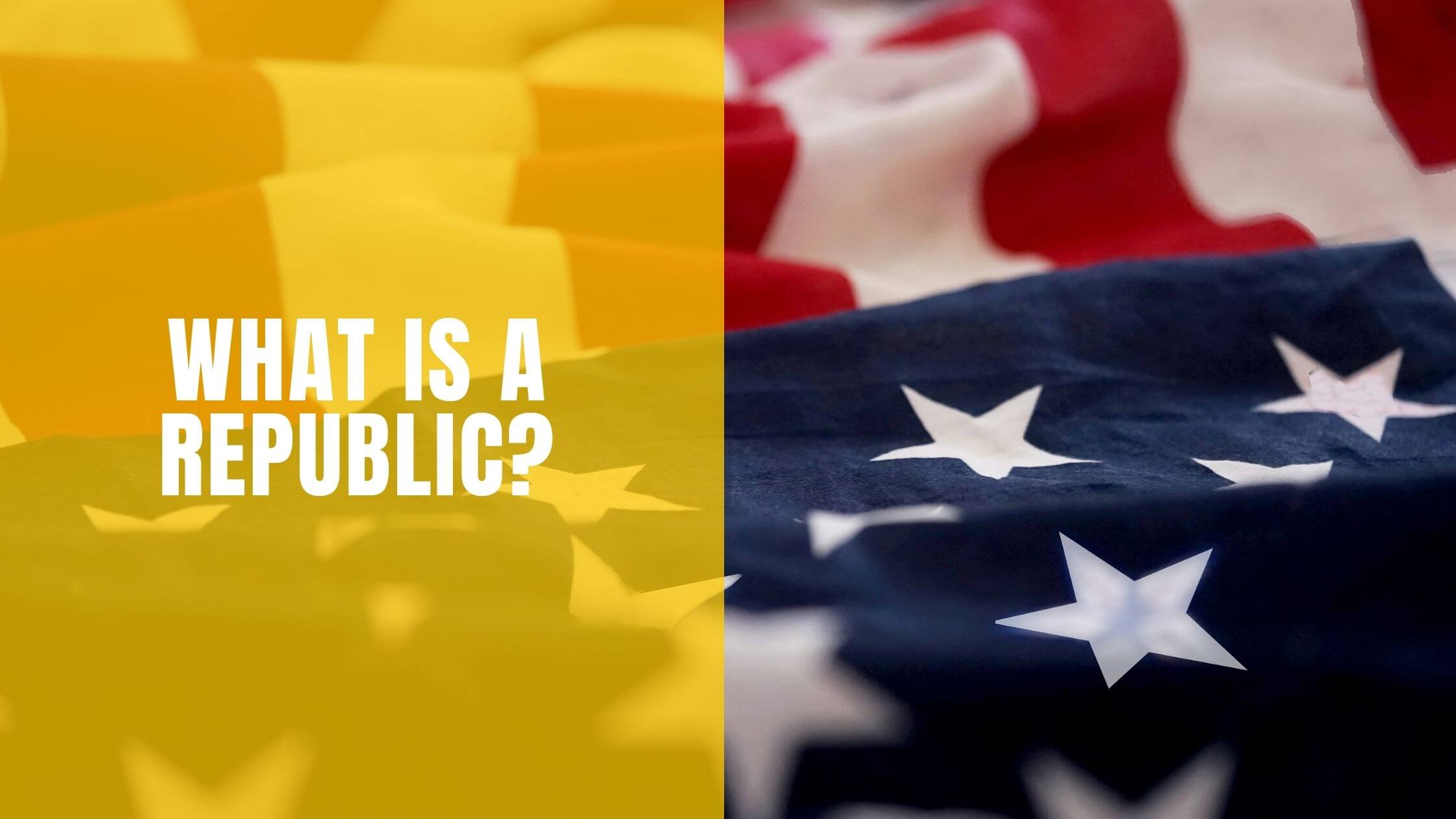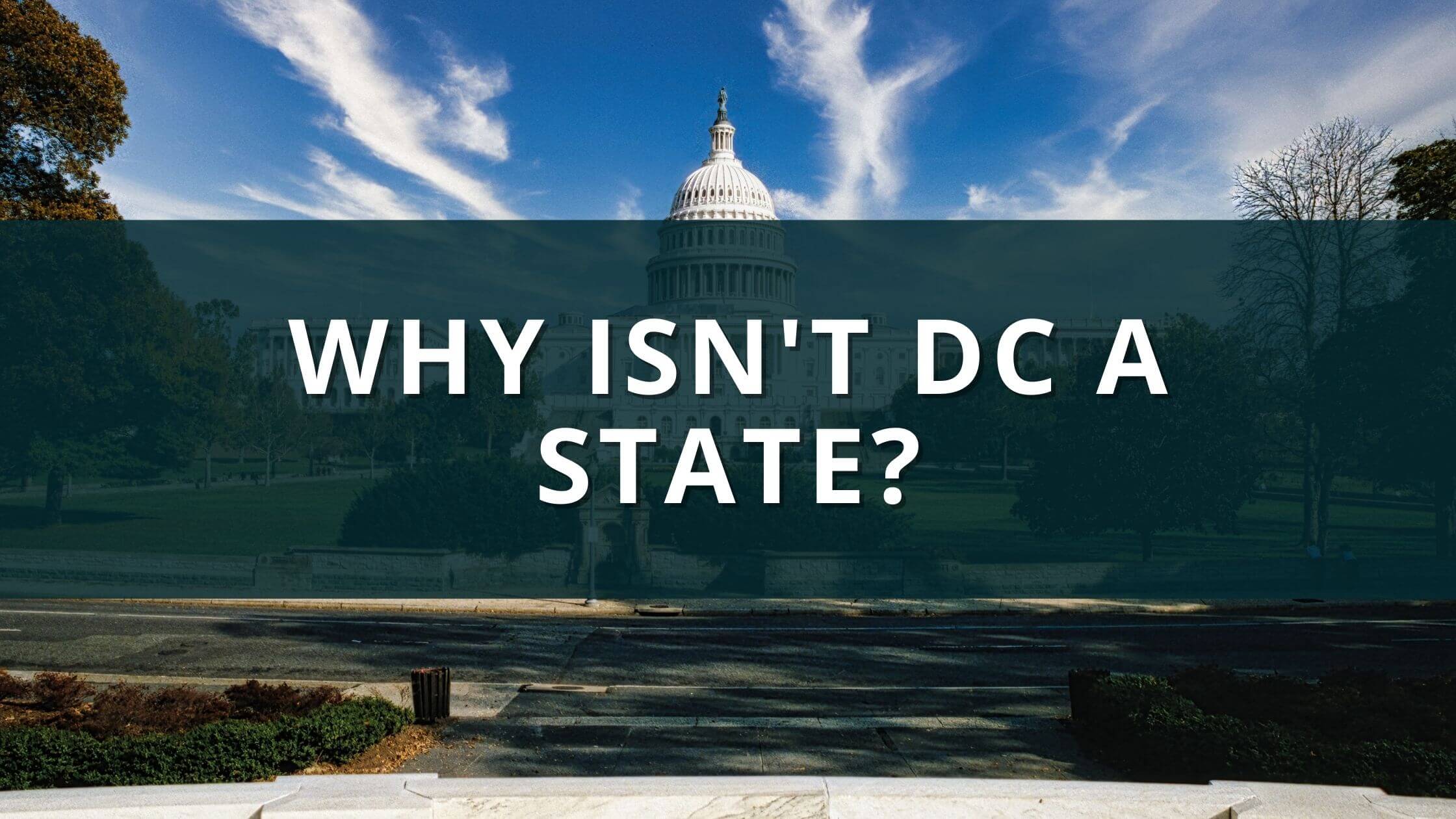Table of Contents
ToggleSources
- https://www.healthaffairs.org/do/10.1377/hpb20190301.862954/full/
Health Affairs is a leading peer-reviewed journal focused on health policy. This article discusses the cost implications of universal healthcare in the US, making it relevant for the 'Cost' section of the blog post. - https://www.kff.org/health-reform/issue-brief/the-publics-views-on-the-u-s-role-in-global-health/
Kaiser Family Foundation (KFF) is a respected source for health policy research. This page provides insights into public opinion and political opposition to universal healthcare, supporting the 'Political opposition' and 'Cultural beliefs' sections. - https://www.commonwealthfund.org/publications/issue-briefs/2020/jan/us-health-care-global-perspective
The Commonwealth Fund is a reputable health policy research organization. This report compares the US healthcare system to other developed nations, which is relevant for discussing the inefficiencies and high costs mentioned in the post. - https://www.ncbi.nlm.nih.gov/pmc/articles/PMC3863696/
The National Institutes of Health (NIH) provides authoritative medical and policy research. This article explores the historical and political reasons why the US lacks universal healthcare, supporting the 'Why Did Universal Health Care Start in Europe but Not America?' section. - https://www.cbo.gov/publication/57088
The Congressional Budget Office (CBO) is a nonpartisan federal agency. This report analyzes the financial and administrative challenges of healthcare reform, which is relevant for the 'How Can American Health Care Be Reformed?' section.
Key Points
- The US lacks universal healthcare due to high costs, with estimates suggesting trillions in expenses over a decade.
- Political opposition and ideological beliefs, such as individualism and free-market capitalism, hinder universal healthcare adoption.
- The private insurance industry lobbies against universal healthcare to protect profits and market share.
- State-level control over healthcare leads to a fragmented and unequal system across the US.
- Cultural resistance and preference for lower taxes over increased government spending limit support for universal healthcare.
- The US spends more per capita on healthcare than any other country, yet does not provide universal coverage.
- Historical differences, such as post-WWII prosperity, contributed to the lack of universal healthcare in the US compared to Europe.
- Existing universal healthcare systems in other countries face inefficiencies, which opponents cite to defend the US system.
- Medical bills in the US can lead to financial devastation, highlighting the need for reform.
- Reforming US healthcare would require overcoming powerful special interests and political opposition, making it a challenging endeavor.
Summary
The blog post outlines key reasons why the U.S. lacks universal healthcare, including high costs, political opposition, private insurance lobbying, and cultural resistance to government-run systems. Despite higher per-person spending, the U.S. healthcare system remains inefficient and leaves many uninsured, often leading to financial hardship. While universal healthcare has succeeded in other countries, strong opposition and entrenched interests make significant reforms unlikely in the near future.
Here’s a table that outlines some of the key reasons why the US does not have universal healthcare:
| Reason | Explanation |
|---|---|
| Cost | Implementing a universal healthcare system would be expensive, and the US government is already heavily in debt. Some estimates suggest that universal healthcare could cost trillions of dollars over a ten-year period. |
| Political opposition | Universal healthcare is a politically charged issue, with some people arguing that it would represent government overreach and lead to lower-quality care. This has made it difficult to gain support for universal healthcare legislation. |
| Insurance industry | The US has a large private insurance industry that is opposed to universal healthcare, as it could threaten their profits and market share. This has led to intense lobbying against universal healthcare proposals. |
| State-level control | The US Constitution gives states considerable power to regulate healthcare, which has led to a fragmented and unequal healthcare system. Some states have expanded Medicaid and implemented other measures to increase access to healthcare, but others have not. |
| Cultural beliefs | Some Americans are opposed to universal healthcare on philosophical grounds, arguing that it goes against the principles of individualism and free market capitalism that are deeply ingrained in American culture. |
| Lack of political will | Despite widespread public support for universal healthcare, there has been the little political will to implement it. This may be due in part to the influence of special interest groups and the fact that healthcare is a complex and divisive issue. |
Of course, this is not an exhaustive list, but it covers some of the main factors that have contributed to the lack of universal healthcare in the US.
What Is the Current State of US Healthcare?
Unlike most other developed countries, the United States does not provide universal health care free to its citizens.
While a lot of medical care is paid for by the federal government, many people still do not have health coverage.
Does the lack of universal health coverage have serious consequences, and can it be defended if so?
What does the United States have to gain by not providing universal health care?

The United States does not have universal health care because no one has ever voted for a government willing to provide it.
While Obamacare did reduce the number of Americans without health insurance coverage from 40 million to less than 30 million, Obamacare is not universal healthcare.
There are many differences between the history and politics of the US and of Europe. The conditions that led to universal health care appearing in nations like the United Kingdom did not exist in the United States.
Many Americans Won’t Vote for Universal Health Care
Many Americans dislike socialist policies and prefer paying lower taxes even if it means reduced government spending. They may point out that a free national health service is not truly free. Everyone has to pay for it because everyone has to pay taxes.

While a president can sometimes win an election by promising socialist policies, they might also lose an election this way – like Bernie Sanders.
The Democratic Party has never passed a universal health care bill while in power. Introducing a public health care system would be a dangerous political move that could threaten their sphere of power.
Why Did Universal Health Care Start in Europe but Not America?
Many European countries adopted universal health care after the Second World War. The war led to tens of millions of deaths and millions more people losing their homes and livelihoods, which meant great support for universal health care.

While many Americans (400,000) died in the war, no American cities were destroyed, and the death count was comparatively low.
Amazingly, the United States was twice as rich after the war as it had been before it.
Other countries had lost their industries to the war, allowing Americans to increase their wealth.
It seemed fair to expect everyone to pay for their own family’s health care or find a job that paid for it. At the time, universal health care seemed unnecessary because good jobs were relatively easy to get.
American Health Care Is Already Expensive
The United States spends more money on health care in America than most other countries. In 2022, the government spent $12,318 on healthcare in America per person. This amount is the highest spending on healthcare per person in the world.

While the United States does not offer medical care, there is a lot of federal government health care spending. It is hard to argue that spending should be even higher to cover all US citizens.
Other Countries’ Health Care Systems Are Imperfect
Just because health care is available to everyone in a country doesn’t mean the standard of the healthcare system is of a high standard. The Canadian system, for example, has many problems.

Patients might be on a waiting list for a doctor for years. They might also lack access to new medical technology or have to wait for services.
For this reason, many people defend the American system as less flawed than what many other countries offer.
People are not necessarily right to defend American health care.
It is both more expensive and provides worse care than the systems of many other countries. However, so many voters still oppose universal health care that it does not yet exist in the United States.
What Are the Consequences of Not Having Universal Health Care in America?
Many people end up bankrupt after a trip to the hospital in the United States. Without health insurance coverage, Americans have to pay the total medical care cost of whatever medical treatment they receive.

Why healthcare should be free
It’s not unusual for patients to be financially devastated by their medical bills in America. This differs from other developed countries, where the government covers most or all medical expenses.

Get Smarter on US News, History, and the Constitution
Join the thousands of fellow patriots who rely on our 5-minute newsletter to stay informed on the key events and trends that shaped our nation's past and continue to shape its present.
The financial devastation that is caused due to medical reasons could be enough reason in itself why healthcare should be free.
How Can American Health Care Be Reformed?
American health care is inefficient, with much money being spent on a complex bureaucracy. Far too much of the total cost is spent on administration.
The costs of many procedures are also far higher in the United States than in many other countries.

The United States would be better off if it created a health care system similar to France or another country where universal health coverage works properly.
Will US Healthcare Ever Be Free?
Most countries that offer universal health care do not have nearly as many problems with their health care coverage as the US does.
However, numerous interests make massive money from the flawed American healthcare system, which makes it difficult to reform.
A strong, determined government would have to pass a large healthcare reform bill and would likely lose the next election due to how many people would oppose it.
Resources related to “US Citizenship”:
Why Doesn't the US Have Universal Healthcare? Quiz
Frequently Asked Questions
Why doesn't the US have universal healthcare?
What are the financial implications of implementing universal healthcare in the US?
How does the US healthcare system compare to those in other developed countries?
What role does political opposition play in preventing universal healthcare in the US?
What are the consequences of not having universal healthcare in the US?
How useful was this post?
Click on a star to rate it!
Average rating / 5. Vote count:
No votes so far! Be the first to rate this post.
We are sorry that this post was not useful for you!
Let us improve this post!
Tell us how we can improve this post?






4 Responses
Our country has by far the Worst Health Care for its Citizens.
A young Jewish lady stayed at my house two months ago. She flew over from Paris, France, to attend a “Jewish Chuppah Wedding” of her cousin.
I asked her a few questions–
About Health Care–Single Payer Excellent
Education —ALL FREE
Rents Cannot be raised by more than 3%.
Yana told me she has lived in her apartment 6 years in Paris, and her Rent has NOT been raised in the six years she has lived in Paris, France
I told her, we Americans call this Socialism
WRONG WRONG WRONG
——————————————-
ALL is Paid for from the TAXES these people PAY.
We Americans Pay a lot of Taxes.
And what do we get for our TAXES–NEVER ENDING WARS
I am a Capitalist, but now we are in a Complete Capitalistic Society—With NO SAFETY NET for the Middle Class.
On top, ALL Politicians in Washington are ONLY working for the Lobbyists.
Our Government just hands over/gives Billions, even Trillions of our Tax Dollars to Foreign Countries.
Yet, for our homeless, we let them die on the Streets.
I am a direct descendant of the French Huguenots. One of my Ancestors by the name of Welton Croissant.
He settled in Hollowayville, IL
Welton Croissant became a very Wealthy man, and he also was a very Frugal man.
But he shared his Wealth with his Community.
With his own money, he had a College Built.
With his own money, he had a Church Built.
He also helped Citizens in Need.
In the Middle of the “Hollowayville, Il Cemetery Stands a Huge Monument, Honoring my Ancestor Welton Croissant.
I would be more than willing to pay higher taxes for free healthcare. Get the people off of the streets. My biggest issue is greed. All of the celebrities and millionaires who don’t do anything for anyone but themselves. Believe me if I had the kardshsian money-I would have opened a dozen shelters and given free healthcare.
Insurance and Pharma Companies control the Government and that in a nutshell is your problem.
Insurance, Pharma and Lobbyists should be REGULATED. Profits are one thing and should be reasonable but GREED and Power should be controlled and with Financial Penalties so we hit them where it hurts.
The American people should vote on changes to our Constitution not Congress who only votes to obey their Doner’s wishes and to hold POWER.